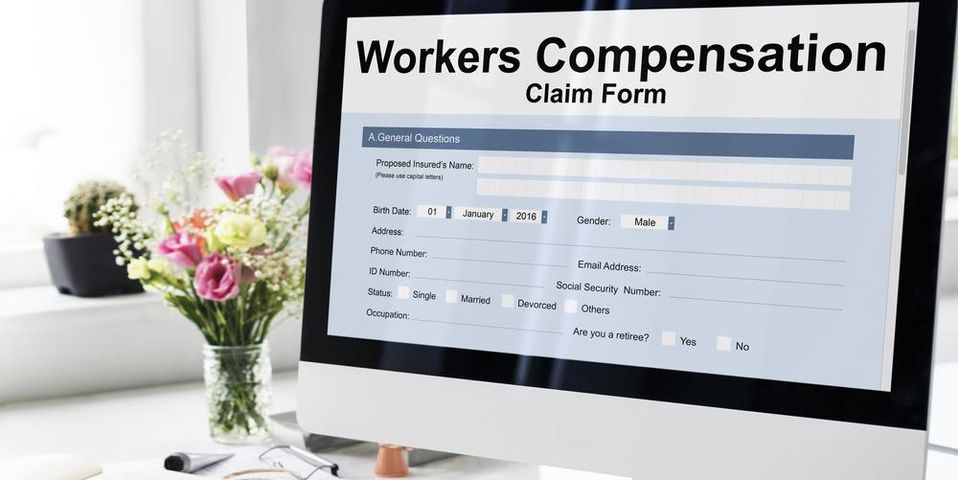What to Know About the Statute of Limitations on Filing a Workers’ Compensation Claim

Work-related injuries can occur in nearly every industry. If you’re hurt or become ill while performing your job duties, it’s important to understand your rights and responsibilities regarding workers’ compensation. This program provides benefits that cover medical expenses related to the injury or illness as well as wages lost during your recovery. However, many people do not realize that these claims must be filed within a certain time frame. This guide explains what you need to know about the statute of limitations for workers’ compensation.
What Is a Statute of Limitations?
This legal term refers to the window of time a claimant has to seek compensation. This time limit exists to ensure claims are presented accurately and reflect the needs of the injured party.
 In Connecticut, employees have one year from the date their injury took place or three years from when they first experienced symptoms of their illness to submit a workers’ compensation claim. After this time has expired, they can no longer request benefits. Personal injury lawyers recommend filing a claim as soon as possible and reporting the incident right away, as any delays could result in a denial of benefits.
In Connecticut, employees have one year from the date their injury took place or three years from when they first experienced symptoms of their illness to submit a workers’ compensation claim. After this time has expired, they can no longer request benefits. Personal injury lawyers recommend filing a claim as soon as possible and reporting the incident right away, as any delays could result in a denial of benefits.
Are There Exceptions to the Statute of Limitations?
There are a few circumstances that aren’t subject to the statute of limitations. These exceptions include an injury resulting in coma, severe injuries requiring immediate treatment, and contagious illnesses that necessitate quarantine. In any of these cases, the employee may not be capable of submitting their claim in the normal time frame.
Filing for workers’ compensation benefits can be a complicated process. The best way to avoid issues or delays is to work with a lawyer who understands the ins and outs of workers’ comp laws. Mark O. Grater Attorney at Law provides the residents of Groton, CT, with expert legal services focused on protecting their rights. In personal injury cases, he is dedicated to recovering all the damages a client is entitled to. Contact his office at (860) 449-8059, or visit him online to learn more.
About the Business
Have a question? Ask the experts!
Send your question

